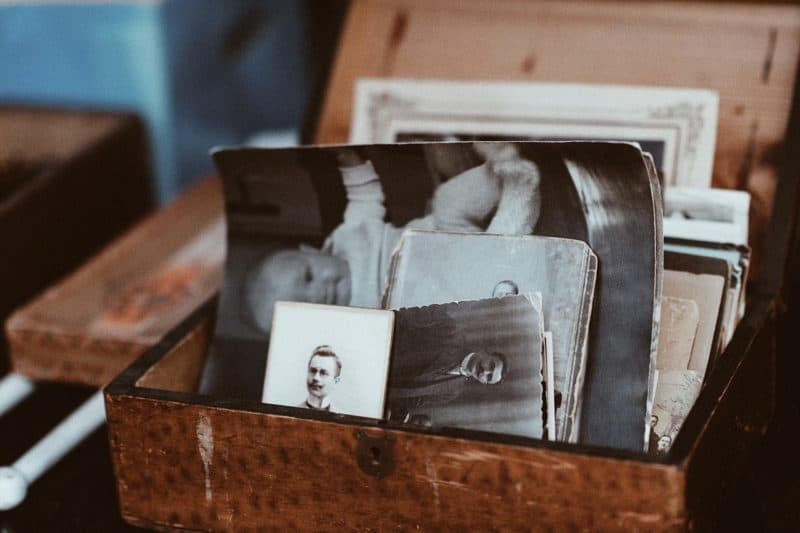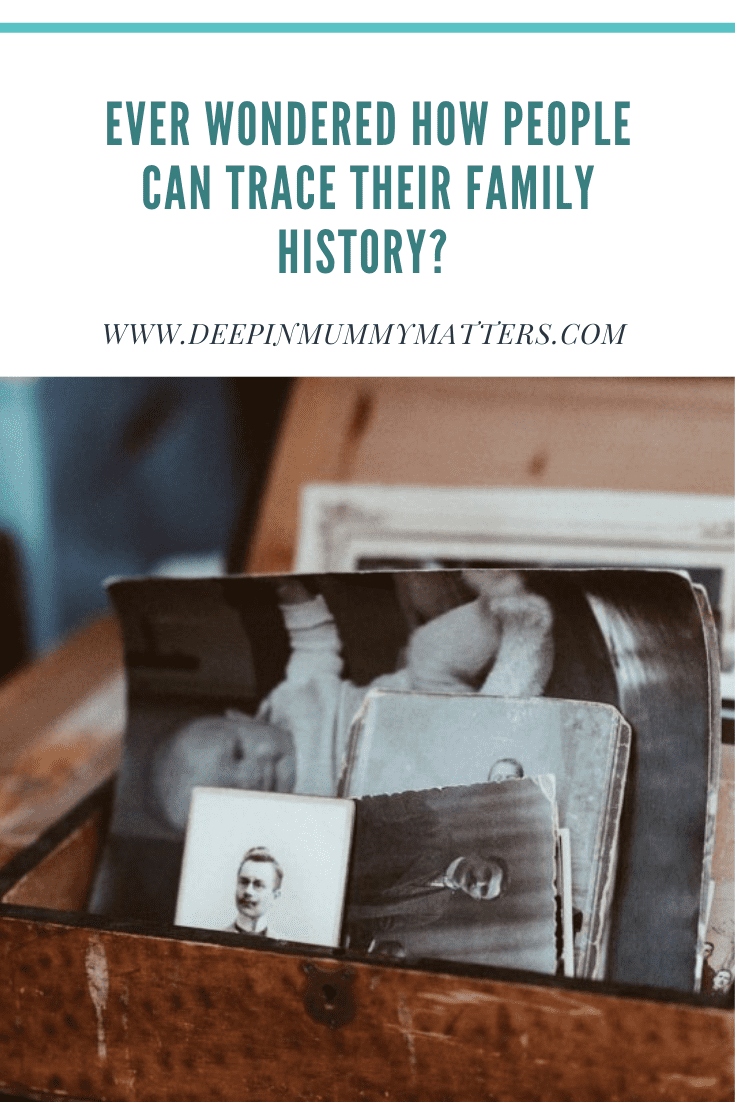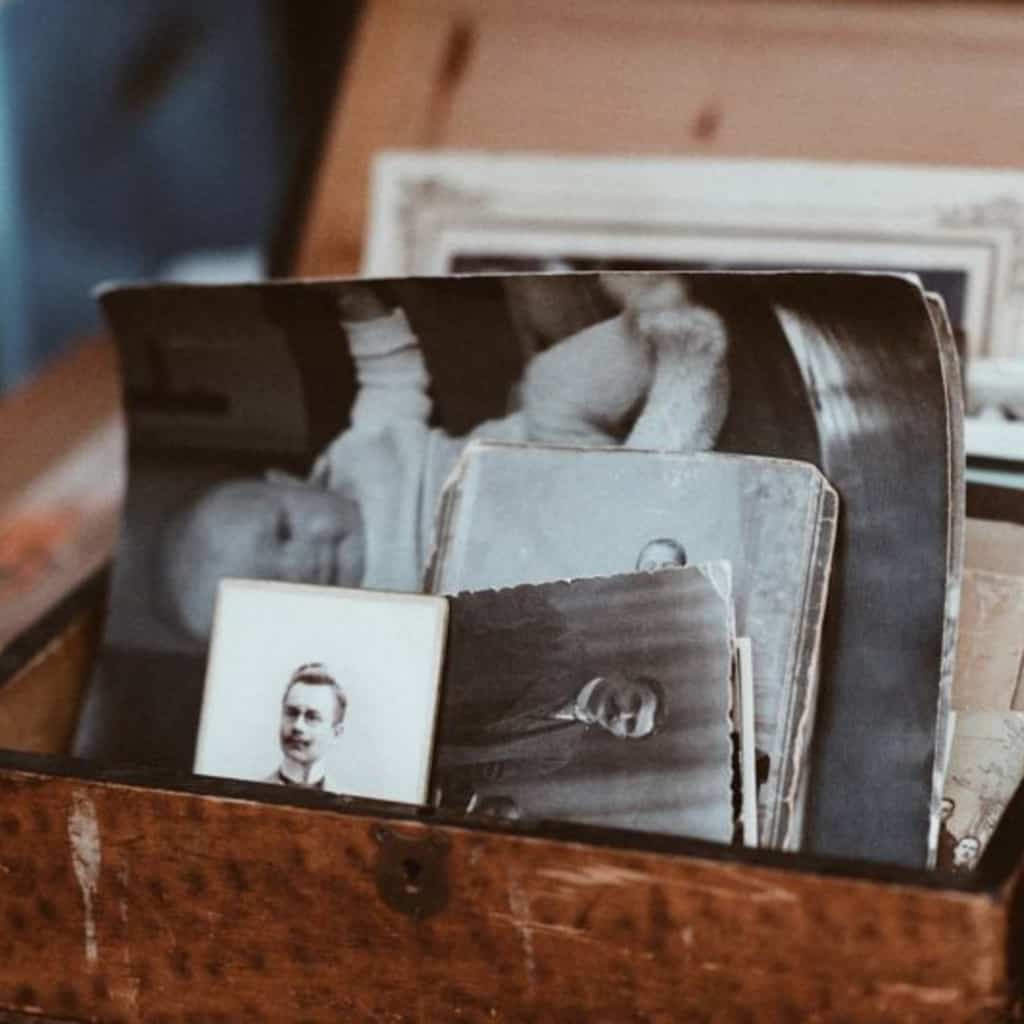People often wonder how they can find out more about their family history. This task is difficult, but not impossible with some dedication and research. This blog post will discuss how people can trace their family history and what information they might learn from it.

Without further ado, let’s start.
Get Organised
Organising is one of the first things people should do before undertaking a family history research project. This means getting all their information together, such as birth certificates, marriage licenses, and military records (if applicable). You can use a spreadsheet to store this data in an orderly format, making it easier for oneself later.
Besides this, making a family tree and perhaps even writing out stories passed down through the generations can be helpful when trying to find information about one’s ancestors. The more organised one is, the easier it will be later on in their research.
Treasure Hunt At Home
Another way to track down one’s family history is by reviewing all the papers and documents passed down from generation to generation. This includes old photographs, school yearbooks, letters written between loved ones during wartime, baby books (if any), etc. These can be a treasure trove for those trying to learn more about their family history.
In addition, one should also check with older relatives or even elderly neighbours who might have information that may be helpful to your research project. It never hurts to ask around and it can pay off in the long run.
Get Professional Help
If all else fails, hiring a professional genealogist who can help track down family history may be beneficial. This is the most expensive option and has the most significant potential for learning more about one’s past and perhaps even meeting relatives they never knew existed. In line with these Ireland genealogy professionals, genealogists often have access to databases of old records that are not available to the general public. They can easily help you to bridge the gap between you and your family history.
When contacting the professionals, ensure they have a good reputation and are willing to be transparent about your results. If anything, remember that if you need their help again, it will not hurt to get familiar with their work ahead of time.
Utilise Online Resources
The internet has opened up a new realm of possibilities for those trying to learn more about their family history. Many genealogy websites have databases that are often open and accessible to the public, including old records worldwide. Ancestry, a popular genealogy website, has more than 900 databases compiled from historical records throughout Europe and Asia.
In addition, there are also forums available on their site where people can help each other with challenging research problems or questions they might be having about their family history. Therefore, you can use the internet to help you with your research and connect with others experiencing similar issues.
Get a DNA Test
Finally, another way to learn more about one’s family history is by taking a DNA test. There are two kinds of genetic testing that one can take: Y-chromosome and mitochondrial. The former helps trace the male line, while the latter traces the matrilineal lineage (or mother’s).
Both tests are relatively inexpensive and easy to do, but they only reveal information about a few people because they trace only a specific line. There are also private genealogical DNA companies that you can contact directly about these types of testing services.
Furthermore, DNA testing has become so advanced that you can now explore comprehensive health testing, providing detailed insights into your genetic predispositions to various medical conditions. These advancements in DNA testing offer a broader spectrum of information, not limited to ancestry alone. For example, you can learn more on health DNA testing, which can assess your risk factors for conditions like heart disease, cancer, and even hereditary disorders. This personalized genetic data can empower individuals to make informed decisions about their healthcare and adopt preventive measures where necessary.
Manage Expectations
When learning about one’s family history, it is essential to manage one’s expectations. While many resources are available out there, these can be limited and scattered at times. In other words, not everything will add up or make sense, despite the efforts to find answers to complex questions surrounding lineage and family history.
Therefore, when tracing your family history, remember that there will be limitations, which can often take time, research skills, money, etc. Before taking on this project or hiring someone else to assist you with your family history work, it is essential to have the right mindset and set realistic expectations for yourself to avoid feeling discouraged when things do not work out the way you expected them.
In conclusion, one can find out more about their family history in several ways. It all depends on the amount of time and effort they want to put into it and what sort of results they would like to achieve. If you’re interested in learning more about your ancestors, it might be worth looking into these options further and seeing which ones seem to work best for the type of research being done.


